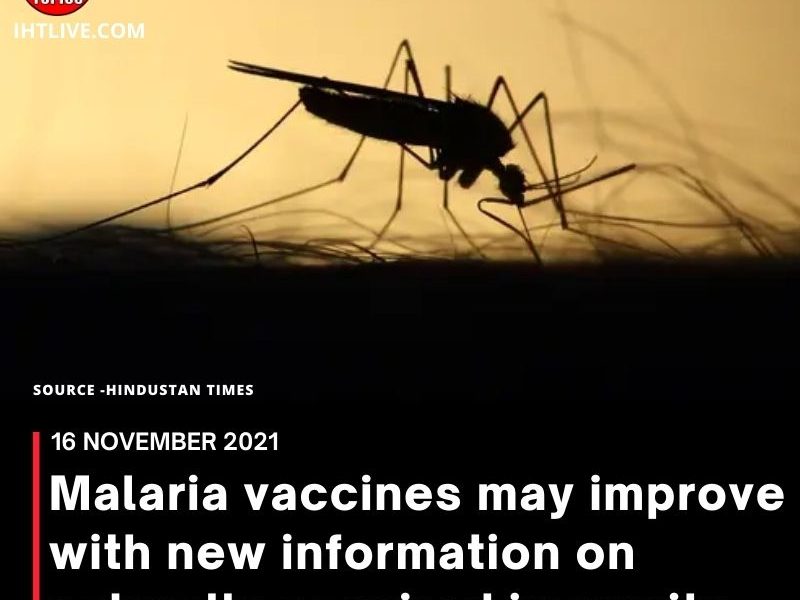Scientists all over the world are trying to understand malaria parasite infections to combat them. Researchers at the University of Copenhagen have taken an important step because they discovered an important difference between naturally acquired immunity and immunity after vaccination. The results of the study were published in the journal Nature Communications.
“The antibodies produced by the body when infected with malaria look different from the antibodies produced by the body when vaccinated. This may mean that when we are naturally infected, our immune system has a more effective response to malaria vaccine than when we are naturally infected,” Said Lars Hviid, a professor in the Department of Immunology and Microbiology.
The immune system can trigger various mechanisms to protect the body. The usual defenses against parasites, viruses and bacterial infections consist of so-called macrophages. “When we are attacked from the outside, the immune system produces antibodies that attach to foreign objects that need to be resisted. They are then recognized by small cells called macrophages, which are attracted by antibodies and eat bacteria or viruses. This is basically how immunity to most infectious diseases works,” Lars Hviid explained.
However, now, researchers have found that immunity to malaria seems to be different. Here, the body’s immune system uses some other types of cells to fight against malaria parasite infections. “We found that antibodies look different, depending on whether you have been vaccinated or infected. This means that the body activates some other defense mechanism because it uses what we call natural killer cells,” Lars Hviid said. Researchers generally believe that natural killer cells are one of the body’s best weapons against cancer cells.
However, it now appears that the defense against malaria and the immune system against cancer have common characteristics. “In layman’s terms, you can say that the immune system’s defenses against malaria are more targeted than other typical infections. Maybe we evolved in this way because it is a contagious and deadly disease-it’s hard to guess. ,” Lars Hevid said.
The researchers made this finding by comparing blood samples from Ghanaians infected with malaria with blood samples from people participating in a phase 1 clinical trial of an experimental malaria vaccine. He explained that the new knowledge can be used to develop new and improved malaria vaccines.
“Our research points to new strategies for developing better malaria vaccines in the future. Because, now, we know how the body uses natural killer cells to mobilize defenses, and we can use vaccines to imitate them,” he said.
News Source : Hindustan Times

